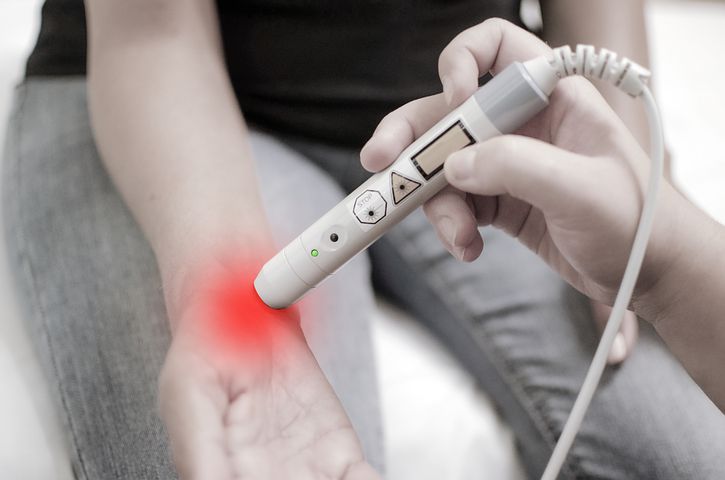
Increased inflammation in the body
The whole idea of quality sleep is to get the body to relax and use those snoozing hours to repair cells. Sleep also allows your brain to compartmentalize memory for long-term storage. More importantly, good sleep helps your blood pressure drop to be normal. When this happens, the blood vessels respond by relaxing, contributing to the general repair of the body. However, when your body is constantly deprived of quality sleep, the opposite happens. The blood vessels get stiffer as the pressure within their walls increases. While this happens, specific cells are triggered in the body and subsequently stimulate pain.
Inflammation is an immune system reaction and can occur in any part of the body. If it happens in your muscles or joints, mobility may be impaired depending on the degree of pain. In the aging population, inflammation is common, and so are sleep disorders. The two can rapidly bring on a lack of body control, leading to falls. In these cases, it is crucial to put measures in place to prevent or minimize the effect of these occurrences. For example, personal alarms can help older people receive timely care. Walking aids and fall-proofing your home are also good ideas. However, it is always better to solve the problem from the root, which is to resolve the issue of sleep deprivation to reduce or prevent such incidents.
Decreased production of muscle glycogen
According to research, the human body stores blood glucose deep within the muscles. It is only during sleep that this glucose is converted and stored as muscle glycogen. Sleep deprivation prevents all this from happening, creating gait control issues. The failure to produce enough glycogen or store it causes reduced energy levels within the muscles. The result, therefore, is a lack of balance or impacted gait control. It is worth noting that years of sleep deprivation can restrict muscle growth and gradually introduce body weakness. Research has also proven that this occurs in people of all age groups regardless of their health conditions.
Impacts sensorimotor parts of the brain
The sensorimotor cortex of the brain is what controls human gait and plays a vital role in all body movements. This cortex is continually refreshed when you have quality sleep, allowing it to perform better. However, the sensorimotor cortex loses its sharpness when your body is deprived of sleep for a long time. This contributes to drowsiness, brain fog, and a sense of weakness when you stand upright.
Sleep has been proven to be beneficial not only for physical health but also for mental well-being. Therefore, you’re doing yourself a favor by ensuring you get quality sleep regularly.
In all articles written about health, you will never miss sleep as a key point, and this is because rest is essential to our health. You should maintain a regular sleep cycle of about eight hours. It is not healthy to sleep at 3 a.m. and wake up at 6 a.m.
Despite our busy schedule, it is of paramount importance to get enough sleep to enhance our physical health, and, getting enough sleep, helps us be more alert, and effective as people execute daily tasks.
Bottom Line
Maintaining physical health might seem like an unnecessary addition to what we do daily, but it is important. The simple efforts people put every day to ensure they get the best health pay off eventually, as they achieve healthier bodies, and get rid of unnecessary stress.
It’s a scientific fact that quality sleep it’s beneficial for everyone emotionally, mentally and physically. That being said, lack of sleep Has a negative impact on all three aspects of our overall health. If you think that your sleep issues are apnea related, call Alaska Sleep- clinic today for your free sleep assessment. Improve your sleep. Improve your life.











